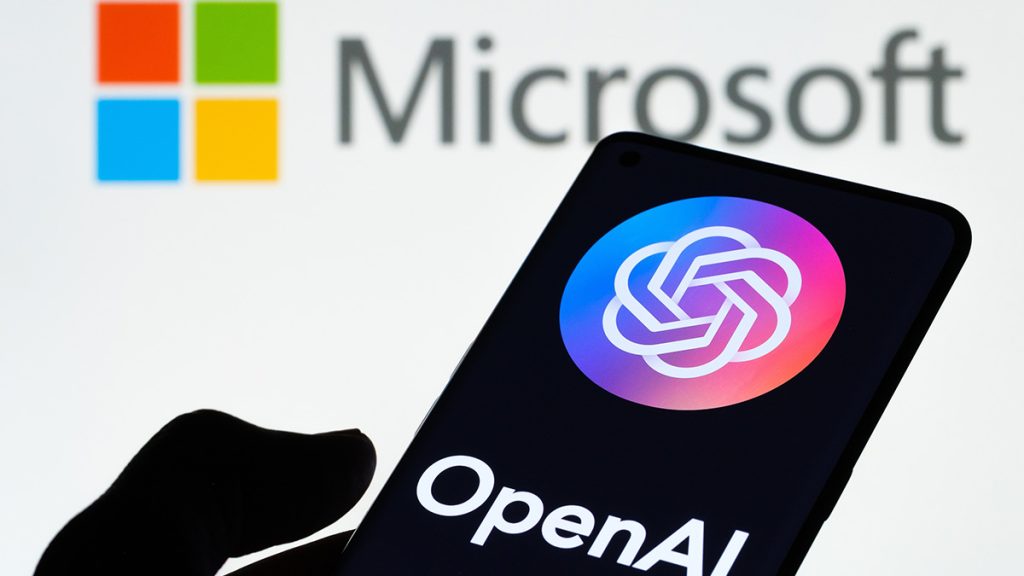
Microsoft has been at the forefront of the artificial intelligence (AI) revolution, developing innovative technologies to enhance the capabilities of businesses worldwide. One such technology is ChatGPT, an AI-based chatbot that uses deep learning algorithms to understand and respond to natural language inputs. However, with the growing demand for AI-based chat tools, Microsoft is taking steps to protect its ChatGPT AI technology from misuse.
Microsoft Restricts ChatGPT AI
Microsoft has threatened to cut off access to its internet-search data for customers who are using its Bing search index to feed their own AI chat products. The company has reportedly informed at least two customers that using its search index for this purpose is a violation of their contract terms. The Bing search index is a map of the internet that can be scanned in real-time, providing valuable data for businesses that use AI chat tools. However, Microsoft is concerned that some of its customers may be using this data to develop competing chatbots, potentially leading to the infringement of its intellectual property rights. In response to this threat, Microsoft is taking steps to enforce the terms of its contracts and protect its ChatGPT technology.
Further, the company has stated that it will work with its partners to find a path forward, emphasizing a willingness to negotiate alternative solutions rather than simply cutting off access to its search index. Microsoft’s actions to limit the use of its Bing search index for developing AI chat tools could have significant implications for its customers and the wider AI industry. By cutting off access to the Bing search index, Microsoft is effectively forcing its customers to either develop their own data sources or rely on other third-party sources, which could be more expensive or less effective.
This could lead to a fragmentation of the AI industry, with companies developing their own proprietary data sources and technologies. This could lead to a lack of standardization and interoperability, slowing down progress in the field of AI and limiting its potential to drive innovation and improve business processes.
Instead, Microsoft’s efforts to protect its intellectual property are not without merit. The company has invested significant resources in developing its ChatGPT technology and has a responsibility to ensure that its intellectual property rights are not infringed upon. By enforcing its contract terms and limiting the use of its Bing search index, Microsoft is setting a precedent for other companies to follow, encouraging innovation and healthy competition in the AI industry.
Although the AI industry is still in its infancy, there is a need for collaboration and open innovation to drive its growth. Microsoft’s actions could lead to other companies becoming more protective of their intellectual property, which could stifle innovation and limit the development of new AI technologies.
Finally, the company’s actions may also have implications for privacy and data security. By limiting access to its Bing search index, Microsoft is effectively limiting the availability of valuable data for businesses that rely on third-party sources. This could lead to these businesses using less reliable sources, potentially putting sensitive customer data at risk.
Final Thought
Microsoft’s battle for ChatGPT highlights the challenges of balancing innovation and the protection of intellectual property in the AI industry. While Microsoft’s actions may limit access to valuable data sources and potentially stifle collaboration, they also demonstrate a commitment to protecting intellectual property rights. As the AI industry continues to evolve, it is essential for companies to find a balance between protecting their intellectual property and promoting collaboration and open innovation.
Inside Telecom provides you with an extensive list of content covering all aspects of the tech industry. Keep an eye on our Tech sections to stay informed and up-to-date with our daily articles.